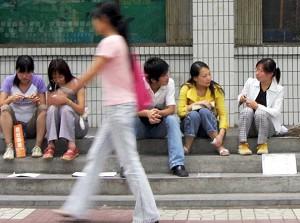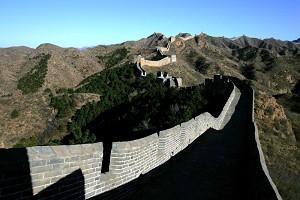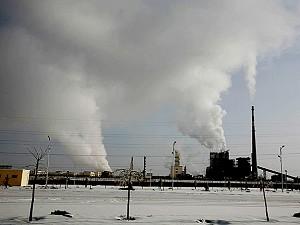Beijing and Tsinghua universities are famous for their high academic standards in China and globally. However, some recent policies by the school administrators have caused locals to call the two prestigious universities “academic shopping centers.” People said after China’s economic reform turned “nine hundred million of the one billion people in China into businessmen,” Chinese universities have become businesses as well.
It was reported that the famous Weimin Lake on the Beijing U campus now looks like a public park, and the “triangle of land” where students normally hold events looks like a marketplace. On weekends and holidays the campus is full of cars and merchants from the outside, and loud hawking is nonstop. Student lovers complain that it is hard find a quiet romantic spot.
It was reported that merchants can get onto the campus as long as they know someone in the campus security department. As to cars, as long as the car is expensive enough, it can be driven onto the campus without the driver being questioned.
Tsinghua University is in another situation. The University purchased large areas of land near its campus, including a street, and made them part of the campus. After building many modern office buildings, the university started leasing them for profit. Many universities around the world accept donations from businessmen. Some universities are even established by successful alumni, and most patrons only carve their names on the buildings they donate. Not many donors are showing-off on the campuses like they are at Beijing U and Tsinghua U.
A China News Week report said, “if all the universities in China form a pyramid, then Beijing University and Tsinghua University are the two pearls on the top of this pyramid. They are very prestigious and famous, other schools cannot compare to them.” However, critics say these two universities are now putting pursuit of material comfort ahead of academic achievements in China’s economic era of “nine hundred million businessmen.”




